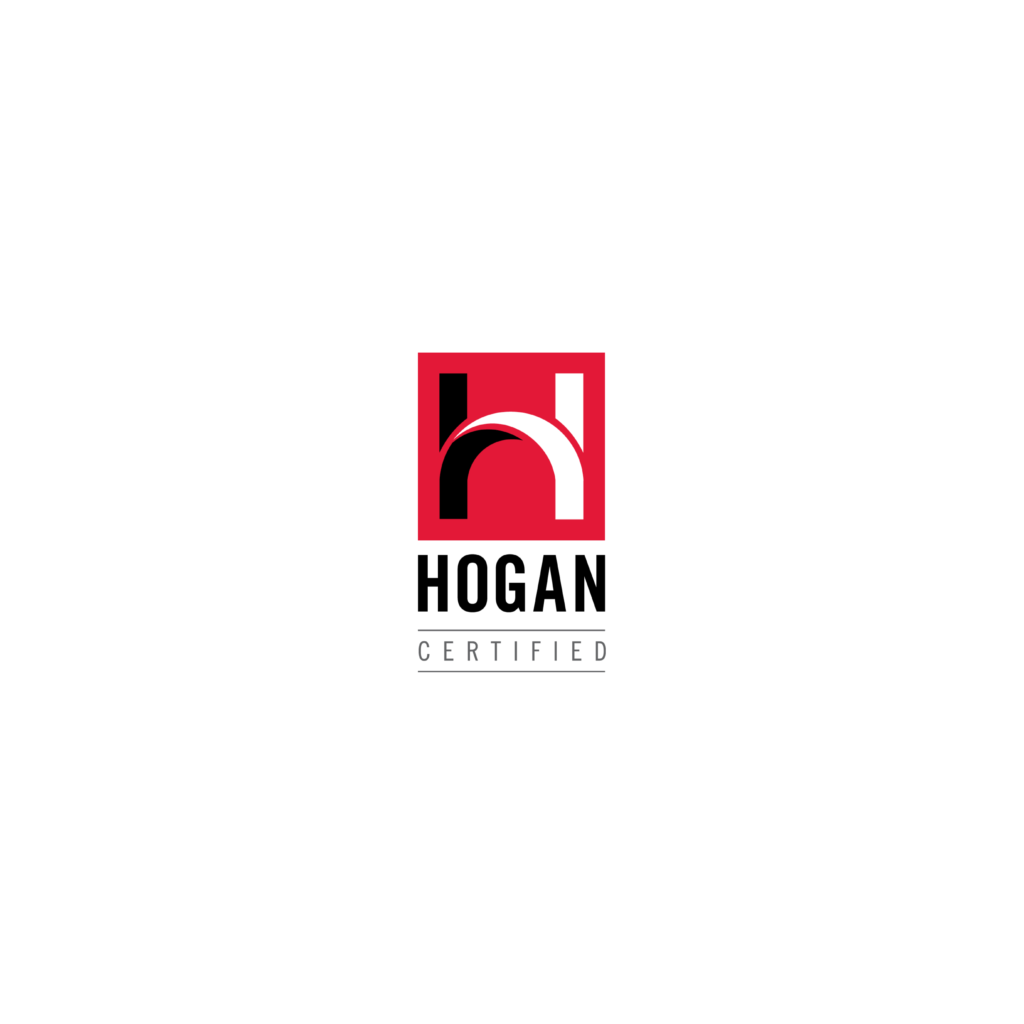Executive Growth Solutions
Personality Tests

Elevate Your Executive Career with Data-Driven Personality Assessments
Unlock your true potential as an executive, leader, or CEO, with the power of data-driven personality assessments. These sophisticated tools provide critical insights into your strengths, weaknesses, values, interests, and skills, offering a comprehensive view that guides strategic career decisions.
Strategic Career Decisions:
– Tailored Career Choices: Identify roles that align perfectly with your leadership style and unique skill set.
– Informed Educational Pathways: Discover which advanced studies or executive programs will best support your professional growth.
– Strengths and Development Areas: Gain clear, actionable insights into your core competencies and areas for improvement.
Enhanced Leadership Abilities:
– Refined Interpersonal Skills: Improve your social and communication skills to lead more effectively.
– Superior Leadership Qualities: Cultivate the traits needed to inspire and drive your team towards success.
– Deeper Self-Awareness: Understand yourself better to make impactful decisions and lead with confidence.
Seamless Career Transitions:
– Confident Career Changes: Navigate new industries or roles with clarity and confidence.
– Promotion Readiness: Position yourself for higher responsibilities and greater influence with a solid understanding of your capabilities.
Data-driven personality assessments are invaluable for executives and leaders. They provide a deep dive into your personal attributes, offering guidance during critical career moments—whether you’re aiming for a promotion, considering a career change, or seeking to enhance your leadership skills.
Empower your professional journey with the profound insights from data-driven personality assessments. Unlock your full potential and pave the way for sustained success and fulfillment in your executive career. Start your transformation today.


